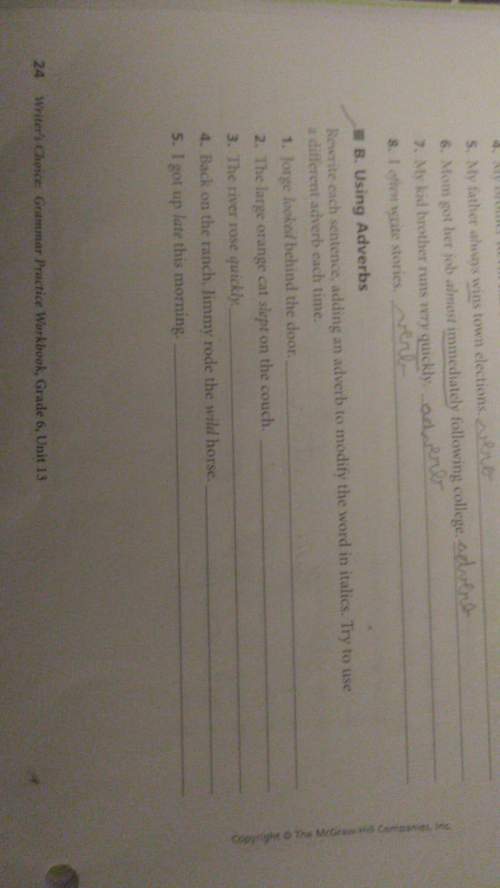
English, 28.07.2019 12:00 cranfordjacori
Read the passage. excerpt from "what to the slave is the fourth of july? " by frederick douglass for the present, it is enough to affirm the equal manhood of the negro race. is it not astonishing that, while we are ploughing, planting and reaping, using all kinds of mechanical tools, erecting houses, constructing bridges, building ships, working in metals of brass, iron, copper, silver and gold; that, while we are reading, writing and cyphering, acting as clerks, merchants and secretaries, having among us lawyers, doctors, ministers, poets, authors, editors, orators and teachers; that, while we are engaged in all manner of enterprises common to other men, digging gold in california, capturing the whale in the pacific, feeding sheep and cattle on the hill-side, living, moving, acting, thinking, planning, living in families as husbands, wives and children, and, above all, confessing and worshipping the christian’s god, and looking hopefully for life and immortality beyond the grave, we are called upon to prove that we are men! refer to explorations in literature for a complete version of this speech. which statement best describes douglass's purpose in this excerpt? a. to show that slaves are capable of doing many jobs b. to establish his authority by explaining that god supports his argument c. to prove the claim that all men are created equal d. to describe the qualities that will make slaves good citizens and free men

Answers: 1


Other questions on the subject: English

English, 21.06.2019 15:10, lovelybear2354
From his studies of coptic, champollion knew that the egyptian word for "sun" was pronounced rah. he wrote down the first two letters of that sound, ra. next he put a question mark for the unknown middle hieroglyph. then, at the end, he wrote ss, the sound of the last two hieroglyphs. he studied the combination: ra ? ss. suddenly he remembered a famous pharaoh whose name appeared in ancient greek chronicles and also in the biblical book of exodus: rameses, or ramesses. could this be a hieroglyphic representation of ramesses' name? based on the excerpt, what detail did champollion need to conclude that the hieroglyphics might represent ramesses’s name?
Answers: 2

English, 21.06.2019 15:40, shontelsims
Le of stalingrad. spanish classuniverse project-19read the excerpt from "the love song of j. alfred prufrock."and indeed there will be timeto wonder, "do i dare? " and, "do i dare? time to turn back and descend the stair, with a bald spot in the middle of my hair -(they will say: "how his hair is growing thin! ")my morning coat, my collar mounting firmly to the chin, my necktie rich and modest, but asserted by a simple pin(they will say: "but how his arms and legs are thin! ")do i daredisturb the universe? in a minute there is timefor decisions and revisions which a minute will reverse, which words best indicate that prufrock feels uncertain? disturb, universe, minuteturn back, revisions, reverse
Answers: 3

English, 21.06.2019 20:30, calmicaela12s
Use morphology and syntax to make grammatical sense of the following sentence (mark all that the ova of all mammals except the monotremes undergo holoblastic segmentation. the -s inflection indicates that monotremes is a plural noun. the suffix -ic indicates that holoblastic is an adjective. the suffix -ation in the word segmentation is a noun-forming suffix denoting a process. the -s inflection indicates that monotremes is a possessive noun.
Answers: 2

English, 22.06.2019 05:10, roseyy7245
Who dies in a duel because of his pride and his anger
Answers: 1
You know the right answer?
Read the passage. excerpt from "what to the slave is the fourth of july? " by frederick douglass for...
Questions in other subjects:






Mathematics, 01.12.2021 03:50







